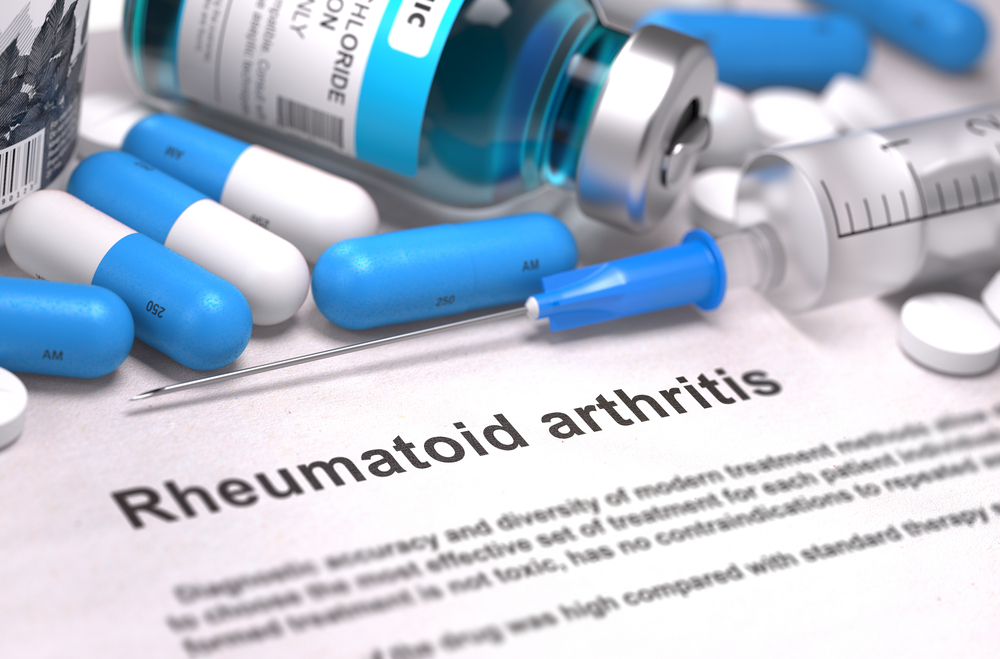Rheumatoid arthritis is a long-term inflammation of the joint tissue that can affect something beyond your joints. In a few people, the condition likewise can harm other parts of the body, including the skin, eyes, lungs, heart and veins.
An immune system issue, rheumatoid arthritis happens when your immune system erroneously attacks your own body’s tissues.
Unlike the wear-and-tear damage of osteoarthritis, rheumatoid arthritis influences the lining of your joints, causing an excruciating swelling that can result in bone erosions and joint distortion.
The inflammation that is related to rheumatoid arthritis is the thing that can harm different parts of the body too. While new medicines have enhanced treatment choices drastically, serious rheumatoid arthritis can even now cause physical problems.


